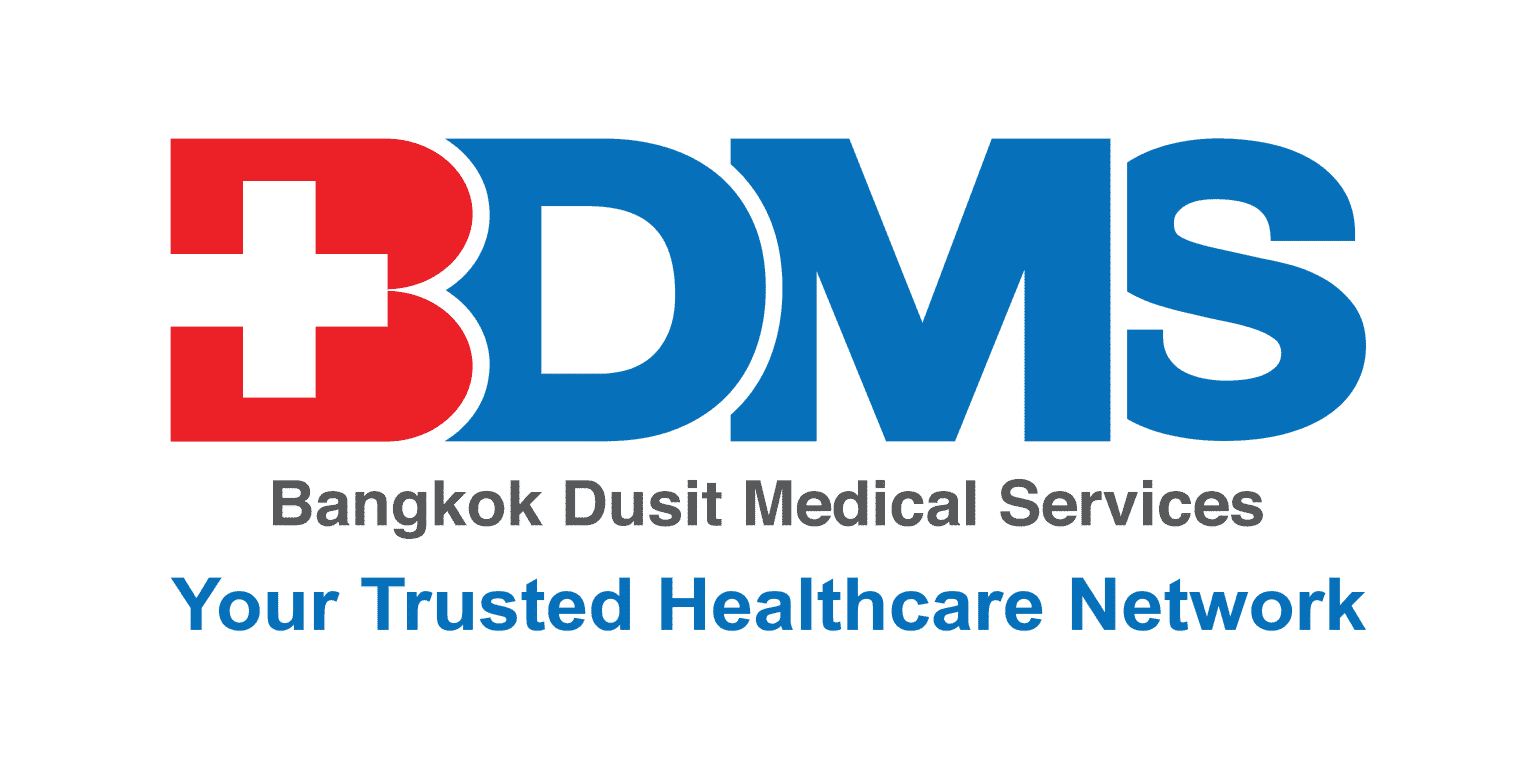
The increasing air pollution and changing lifestyle patterns have elevated the risk and severity of asthma. While this condition can be caused by genetic factors and environmental triggers, many individuals without a family history are now affected. Contributing factors to the increased risk of asthma include indoor environmental factors (such as dust mites and mold), air pollution, smoking, obesity, sinusitis, allergies, and stress.
Asthma is a condition characterized by inflammation of the airways, resulting in heightened sensitivity to various stimuli. It involves constriction and spasm of the airway smooth muscles, leading to symptoms like fatigue, difficulty breathing, chronic coughing, and easily triggered wheezing and breathlessness, sometimes accompanied by wheezing sounds. Severe cases can be life-threatening due to inadequate oxygen supply. However, asthma can be controlled with regular medication, preventing exacerbations.
Treatment of Asthma:
Asthma can be effectively treated, contrary to common misconceptions. Early treatment increases the likelihood of recovery, particularly in children, with over a 50% chance of remission. Adults and the elderly are at higher risk for severe symptoms, making recovery more challenging. Treatment options include:
1. Maintenance Medications:
These are long-term medications aimed at controlling symptoms and promoting remission. They include inhaled corticosteroids, leukotriene receptor antagonists, and long-acting bronchodilators, which should be used regularly to reduce airway inflammation and hyper responsiveness. Biologic treatments like benralizumab, omalizumab, mepolizumab, and dupilumab are suitable for patients who do not respond adequately to high-dose inhaled medications. These treatments are safe and effective for specific patient populations.
Additional tests such as lung function tests, allergy tests, and Fractional Exhaled Nitric Oxide (FeNO) measurements can aid in selecting appropriate medications.
Innovative treatments like bronchial thermoplasty are available for patients with severe symptoms and thickened airway muscles. Sublingual immunotherapy with dust mite allergens can also be considered.
2. Rescue Medications:
These fast-acting bronchodilators provide immediate relief during asthma attacks but do not treat underlying inflammation. They should be used alongside maintenance medications.
Self-care Measures:
Avoiding air pollutants and quitting smoking are essential. Regular aerobic exercise and breathing exercises can help improve lung function and symptom control. Environmental modifications at home and work, such as avoiding allergens and maintaining cleanliness, are crucial.
Weight loss, if overweight, can significantly improve lung function and symptom control. Vaccination against respiratory infections like influenza, pneumococcus, and COVID-19 is recommended.

Contact us to inquire or make an appointment with our staff. LINE @MBRACE
Make an online doctor appointment

PROF. ORAPAN POACHANUKOON, M.D.
BNH Asthma and Allergy Centre
Specialty
Pediatric Allergy and Immunology
Language
Thai, English
– PAEDIATRICS
– PAEDIATRIC ALLERGY AND IMMUNOLOGY
– Thai Board of Paedicatrics, Prince of Songkla University
– Thai Board of Paediatrics Allergy and Immunology Siriraj Hospital, Mahidol University
– American Board Certified in Nutritional Wellness
– PH.D. IN THE FACULTY OF DENTAL MEDICINE AND ORAL HEALTH SCIENCES AT THAMMASAT UNIVERSITY
– Doctor of Medicine, Faculty of Medicine,Prince of Songkla University
Doctor’s Schedule
| Day | Time | Location |
|---|---|---|
| Saturday | 09:00 – 17:00 | BNH Asthma and Allergy Centre |



